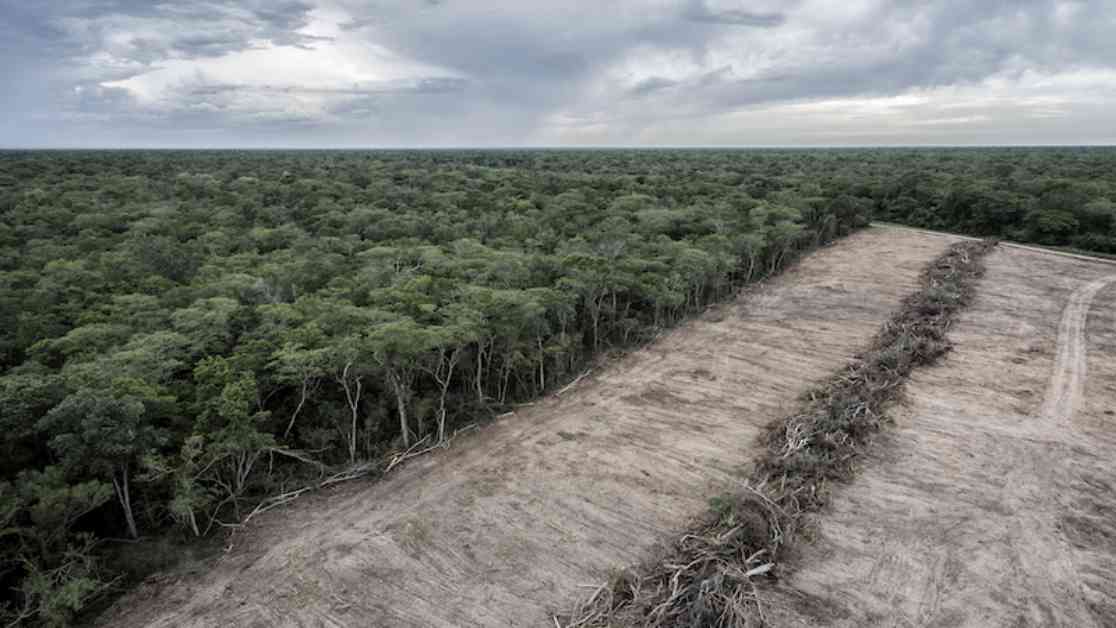Controversy Over ICVCM Decision Sparks Resignations
In a surprising turn of events, two expert advisors have resigned from their positions at the Integrity Council for the Voluntary Carbon Market (ICVCM) due to what they perceive as a troubling decision regarding forest carbon credits. Lambert Schneider and Juerg Fuessler have publicly voiced their disagreement with the ICVCM’s recent endorsement of offset rules they believe lack integrity, particularly in the context of REDD+ projects aimed at curbing deforestation.
The ICVCM’s Mission and Oversight
The ICVCM was established to address concerns surrounding the credibility of carbon credits and to enhance the overall quality of the market. By evaluating guidelines used in offsetting projects, the council aims to ensure compliance with the Core Carbon Principles (CCP) criteria, which focus on governance, emissions reduction, and sustainable development. The recent controversy stemmed from the council’s approval of three methodologies for forest offsets under REDD+, marking a significant milestone in the realm of carbon credits.
Expert Perspectives and Concerns
Schneider, a climate policy research coordinator at Germany’s Oeko-Institut, emphasized that the approved REDD+ methodologies do not align with the ICVCM’s criteria, posing a risk to the council’s integrity. Alongside Fuessler and two other experts, Schneider highlighted potential shortcomings in the new rulebooks for forest carbon projects, pointing to concerns related to additionality, estimating deforestation impacts, and ensuring real emission reductions.
Future Monitoring and Evaluation
While the ICVCM spokesperson defended the council’s decision-making process and the robustness of the approved methodologies, concerns remain about the potential for low-integrity credits to enter the market. The council plans to closely monitor the implementation of these methodologies and remain vigilant against integrity risks. Despite the criticisms raised by Schneider and other dissenting experts, the ICVCM stands by its commitment to inclusivity and diverse perspectives in assessing carbon credit methodologies.
As we navigate complex issues surrounding carbon markets and environmental sustainability, it is essential to consider the diverse viewpoints and expertise that shape these critical decisions. The recent resignations at the ICVCM underscore the ongoing challenges in balancing environmental integrity with market incentives. How can we strike a balance between promoting high-quality carbon credits and ensuring transparency and accountability in the offsetting process? Share your thoughts and perspectives on the future of carbon markets and the role of oversight bodies like the ICVCM.














